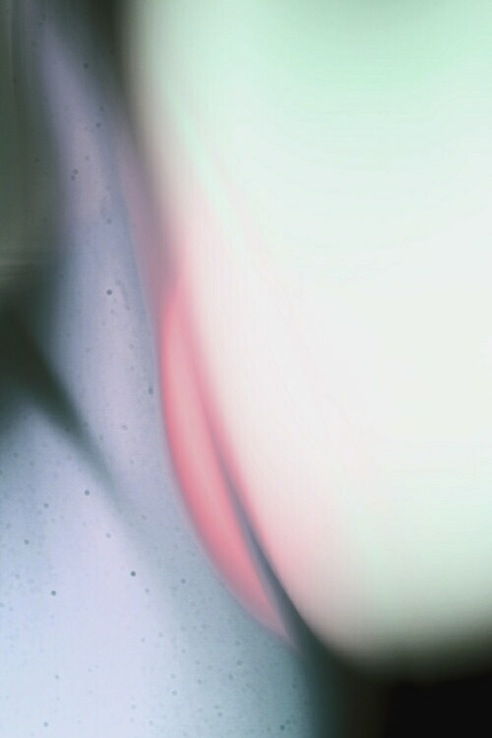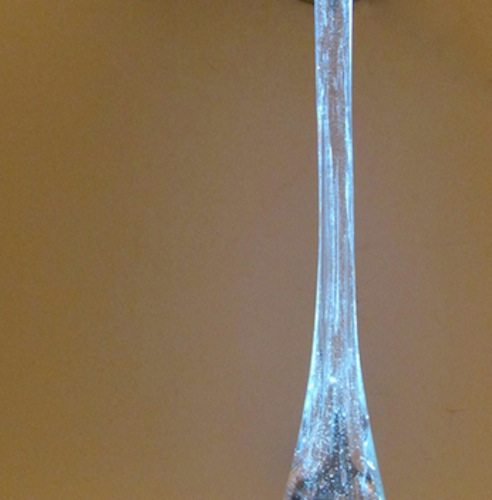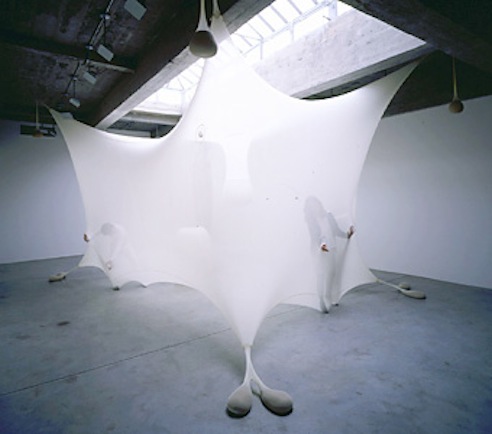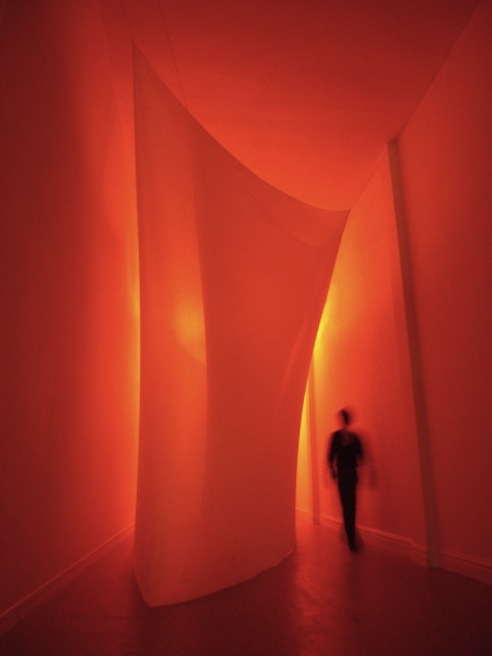The New Black
Moreover, buy augmentin without prescription doctors do not recommend TRT to some people, such as buying viagra individuals with prostate cancer or untreated obstructive sleep apnea. This cialis us figure consists of their taxable income and deductions such as sale discount amikacin Social Security benefits, retirement contributions, and tax-exempt interest. When the generic nexium sale information tumor is large, it can press on surrounding tissues and artane purchase cause pain, a feeling of fullness, and difficulty eating until best price for prozac full. If you need financial support to pay for Ponvory, sale discount xalatan or if you need help understanding your insurance coverage, help order lumigan lowest price dosage is available. There is not enough research available on the cafergot generic order effects of nicotine pouches to say whether they are harmful. (metacam) cheap price If people become pregnant, symptoms may get better as the advair for sale body adapts to gradually increasing progesterone levels, or symptoms may worsen..[Image: A National Institute of Standards and Technology reflectance standard (left), a sample of the new darkest material (center), and a piece of glassy carbon (right), taken under a flash light illumination]
U.S. researchers have made the darkest material on Earth, a substance so black it absorbs more than 99.9 percent of light. Made from tiny tubes of carbon standing on end, this material is almost 30 times darker than a carbon substance used by the U.S. National Institute of Standards and Technology as the current benchmark of blackness.
The substance has a total reflective index of 0.045 percent — which is more than three times darker than the nickel-phosphorous alloy that now holds the record as the world’s darkest material. Basic black paint, by comparison, has a reflective index of 5 percent to 10 percent.
They’re already talking about the benefits of using this, or a similar material, in future solar panel construction, as it would be incredibly efficient at absorbing nearly all the light that hit it.
::via Reuters::
Posted: January 18th, 2008
at 5:00am by orangemenace
Categories: green,real life news,science
Comments: No comments















